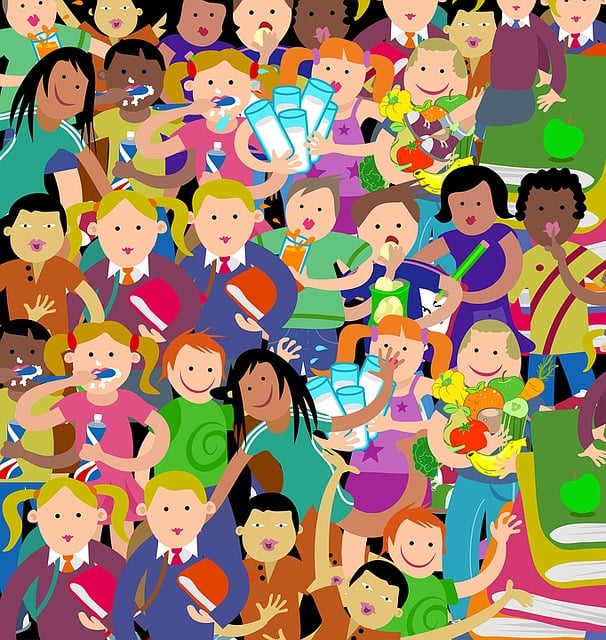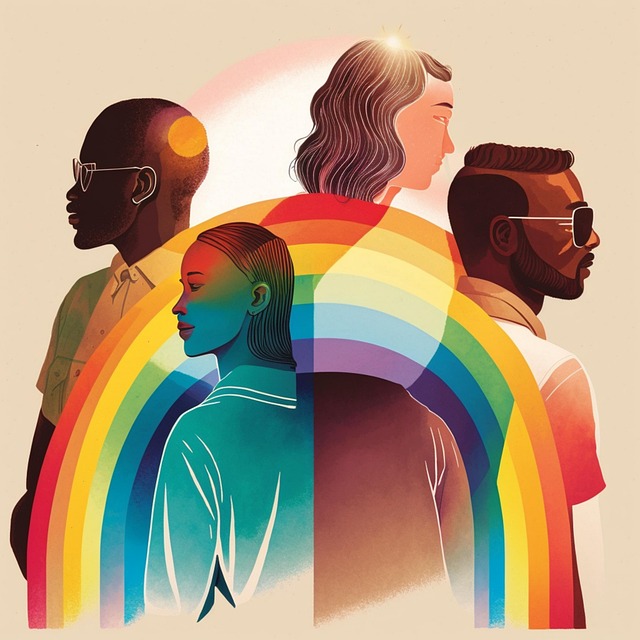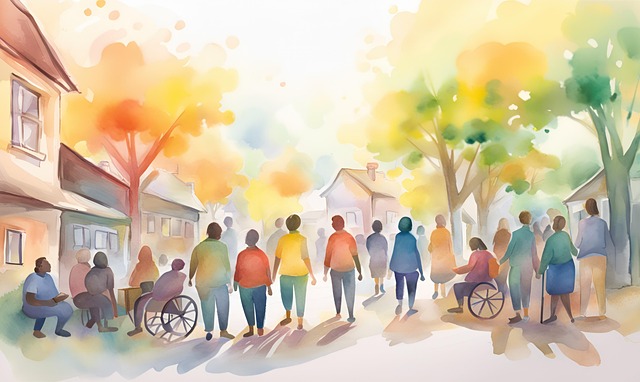In today’s globalised world, professionals face dynamic challenges shaped by social diversity, international migration, shifting welfare systems, and growing inequalities. Are you ready to meet these demands head-on?

Our Welfare Studies Minor (30 ECTS) offers an in-depth exploration of key topics such as the Nordic Welfare Models, cultural diversity, gender equality, child protection, civil society, user participation and innovative approaches to address community needs.
Studying in an international classroom, you will gain fresh perspectives and critical insights into the field of welfare and the role of welfare practitioners in Nordic and global contexts. Whether you aspire to drive social change or enhance your expertise in vital and evolving sectors, this program equips you with the knowledge and tools to broaden your understanding of complex welfare practice.
Courses:
These courses are open to incoming exchange students (ERASMUS and other international-related projects) as well as UiS students. Lectures are in English, with exams in English or Norwegian.
USV 105 Cultural diversity & child protection (10 ECTS)
This course aims to help students understand the importance of cultural diversity and its impact on interactions, particularly in work with children, young people, and families. Students will explore how cultural backgrounds, and other social factors influence daily life and encounters with support systems, including child protection.

By the end of the course, students will be able to:
- Reflect on and analyze cultural diversity in professional settings.
- Understand how cultural dynamics affect children's development and participation.
Key topics include cultural sensitivity, acculturation theory, intersectionality, and cross-cultural influence.
Lectures are held in English, while students can write the home exam in either English or Norwegian.
Lecture time: Thursday 2.15-4 pm.
Course coordinator: Associate Professor Ayan Handulle
GEN330 Transnational perspectives on Nordic gender equality and welfare (10 ECTS)
The purpose of this course is to introduce students to an interdisciplinary field of scholarship, which seeks to understand the emergence, proliferation and spread of a specifically Nordic model of gender equality and welfare.

The course investigates key features of gender equality and welfare theory, policy and politics in the Nordic social-democratic tradition, the role of the state, the extent of “women friendliness”, and intersectional gender theories and politics. Importantly, the course aims to think through growing critiques of the dominant Nordic equality norm as being heteronormative, nationalistic, based on racial principles and unsustainable consumption patterns.
Lecture time: Wednesdays 2.15-4 pm.
Course coordinator: Postdoctoral researcher Maja Brandt Andreasen
USV106 Community Based Practices and Social Innovation (10 ECTS)
Communities face diverse challenges like migration, inequality, social exclusion and loneliness. This course aims to explore how civil society organizations (CSOs) can create positive community practices by dealing with diverse challenges through social innovation. Students will learn how CSOs collaborate with diverse citizens, users’, stakeholders and actors to co-create community solutions, but also challenge conventional systems.

By the end of the course, students will be able to:
- understand the principles of community practice and social innovation, and the role of CSOs in advocating for social change.
- develop theoretical and practical skills in community engagement, critical thinking, and problem-solving to design innovative, community-driven solutions.
Key topics include co-production and co-creation, citizens/service users involvement, design thinking, social innovation, community development and networking, local and transnational communities.
Lecture time: Tuesday 12.15 am. -2 pm.
Course coordinator: Associate Professor Aleksandar Bozic
Contact person for the welfare studies minor:
Institutt for sosialfag
